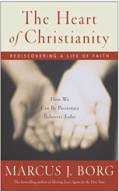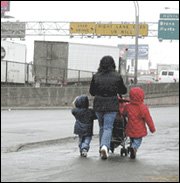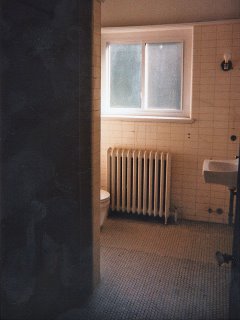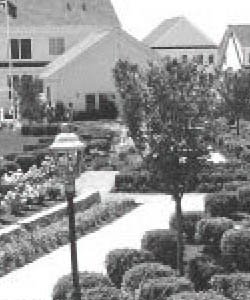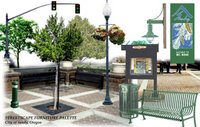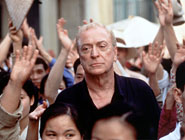If rehabilitation is truly the goal/objective/mission of prison, then literally millions of people who end up there really should be elsewhere.
If you have ever carried on correspondence with prisoners, you know that what I am saying here is true.
Addiction, mental illness, physical and sexual abuse, learning disabilities and stupid choices land people in jail. To be sure, some prisoners need to remain behind bars.
But, I'm coming to the conclusion that a significant portion of our current prison population should be cared for in much less expensive environments that offer the promise of much more positive outcomes. I have a number of reasons for saying this--the experience of a number of states who seem committed to changing the system for non-violent offenders, the amazing strength of the "prison lobby" in this country, the terrible recidivism rates for ex-incarcerated persons, and personal experience with inmates and former inmates.
Today I want to introduce you to "Tony" (not his real name).
He is becoming my friend. He is currently serving a 10-year sentence for aggravated robbery.
Maybe the best way for you to "get inside his head" would be to look over my shoulder at his latest letter to me. Here it is, exactly as he wrote it.
_______________________________________________
March 14, 2006
MR. LARRY James
I Received your Letter A Few days ago and It WAS good to hear FROM YOU. I also would like to Thank you For The small The Deposit that you said you would send to my inmate trust Fund.
I also Appreciate your concern over The distress That I'M having in my Family. I don't know if my uncle has passed yet because know one has written and said anything. My uncle's NAMe is ____________. He's in parkland Hospital I donot No is Room number. I Really HAte to say This MR. LARRY James I Rather see him pass on Then to see him layed up in The hospital suffering like That he's Around Fifty or FiFty one and That's pretty young. he needed A kidney badly. Apparently it's to late to say him now.
MR. LARRY James
You ask me could I Tell you what got me to The TDCJ? And you also ask me when I Expected to be Release?
First MR. LARRY James
Let me Explain how I ended up AT The TDC?
IT First Started After I loss A Very good Job That I had For Almost Ten years. From Then I begin to Turn to bad Things That I didnot need in my life I began to Drink and use drugs. I lost everything That I ever had I TRIed to Fight For My life but I wasn't strong enough to over come most of my problems on my own, which meant I got worser I began to drink and drugs more I guess because I have so much to happen to me all at one time That I just let it get the best of me. One night I was so drunk and drug out That I Robbed A little old lady Over By Baylor hospital I don't know what made me do such a Thing. There IS A day That passes That I don't Regret What I done. I ended up being sentence Ten Years For Aggravated Robbery. I've been lock up now For Almost eight years now. You ask me when was I Expected to be Released, I come back up For my pARole Next Year NOV 2007 If I don't make parole in Nov 2007 I will Discharged Sept 17, 2008
MR. LARRY JAMes
I'm so EMbarrASSed For Sharing This with you. but I Felt in my heart that I could share this with you. I know I made some terrible choices in my life. I plan to Try And Turn My life Around once I'm Released. I know it wont be easy but nothing is easy in life, I Think I learn something From all This MR. James
I don't Think I ever Told you This befor. I grew up near The Centeral DALLAS Ministries. I also so Volunteer at Centeral Dallas Ministries A Few times in your Food Pantry. I plan to come and Volunteer agan For All The help you provided me with. In the mean Time MR. LARRy James I'M Still waiting on a Half Way house some where to Except Me.
MR. LARRy James
I wish That There were A Way That you could send me a small Deposit every month. My Family Isn't in Any Shape to send me any Funds especially After buring A Aunt A Few months ago and now they are trying to RAISe Money to burie my uncle who didn't have any insurance I know You can only do so much For Me because You have other People to help. Whatever you can do For me will be appreciated MR. Larry James
Sincerely
____________________________________________
My friend needs something that the Texas Department of Criminal Justice does not currently offer.
On at least one occasion, Jesus told his followers that when they visited those who were suffering in prison, they were in fact visiting him. He identified with criminals.
Of course, he died the death of a criminal, the victim of capital punishment.
Funny how this works. Thinking of "Tony" causes me to remember Jesus. . .and vice versa.




